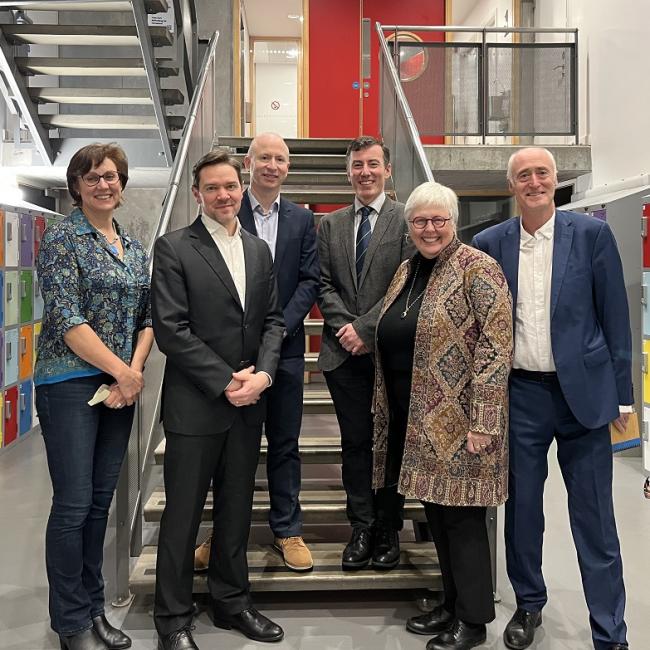Prediction of hearing aid cognitive outcomes in age-related hearing loss
Front Aging Neurosci. 2025 Feb 20;17:1548526. doi: 10.3389/fnagi.2025.1548526. eCollection 2025.
ABSTRACT
Although the phenomena underlying cognitive decline and dementia are complex, there is growing evidence suggesting that degraded sensory inputs caused by age-related hearing loss may play a central role in accelerating cognitive decline in older individuals. Further supporting this notion is evidence that hearing augmentation with hearing aids can mitigate hearing loss-related cognitive impairments. Despite this evidence, few studies have attempted to investigate hearing aid efficacy with a focus on cognitive outcome measures. In this preliminary study, we sought to determine if certain demographic and audiological factors are linked to individual differences regarding observed cognitive changes following hearing aid use. We show that several factors can explain large portions of the variance observed in cognitive score changes following short-term hearing aid use in first-time users, suggesting that it might be possible to develop predictive algorithms to determine individualized estimates of the cognitive benefit of hearing aid use. Future studies with larger sample sizes are warranted, in particular, to explore a wider array of cognitive functions, investigate a greater range of potential predictors, and better quantify their relative contribution to outcome measure estimates.
PMID:40051463 | PMC:PMC11882528 | DOI:10.3389/fnagi.2025.1548526





